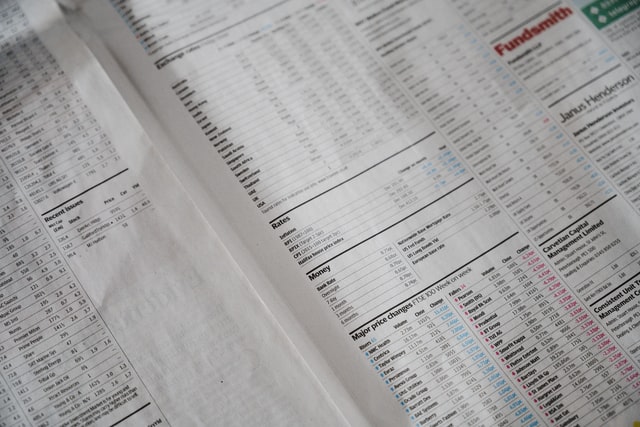The acquisition of shares by a company is a popular way for shareholders to exit. In many cases, the repurchase payment will be eligible for capital treatment and will be taxed at lower tax rates than dividends. Can a company buy its own shares?
The buyout of shares relates to the purchase of shares by the company that issued them. Purchase takes place when the issuing company pays the market value to the shareholders and re-acquires the part of its ownership that was previously divided between public and private investors.
Thanks to the buyout of shares, i.e. purchase of shares, the company can buy shares on the open market or directly from its shareholders. In recent decades, the buyout of shares has outpaced dividends as the preferred method of returning cash to shareholders. Although smaller companies may decide to buy out, it is more likely that blue chip companies will incur costs.
Capital allocation
Let’s start straight. Companies make money, so how do you do it? They create a product or service in which the associated costs (expenses) are less than the total sales (revenue). Pretty simple isn’t it? When revenues exceed expenses, we will inevitably have leftovers. In the business world, we call these leftovers net profit or net profit or net income or bottom line because it is in the bottom line of the income statement.
So what can the company do with these leftovers? This is a capital allocation decision. The CEO and company management are responsible for allocating these surpluses to the most appropriate and efficient use. Shareholders expect this, expect the CEO to be a trustee and make decisions in the best interest of the shareholders.

There are five basic options that a business operator has regarding cash allocation:
- Pay off debt
- Make a takeover
- Invest in business again
- Pay dividend
- Repurchase shares
Two of these options are forms of returning cash to shareholders: dividends and redemption.
Unused cash is expensive
Each share in ordinary shares constitutes a small share in the ownership of the issuing company, including the right to vote on company policy and financial decisions. If a company has a managing owner and one million shareholders, it actually has 1,000,000 owners. Companies issue shares to raise equity to finance expansion, but if there are no potential growth opportunities, maintaining this unused equity financing means sharing ownership without good reason.
For example, companies that have grown to dominate their industries may find that growth is modest. With such a small space to grow, the transfer of large amounts of equity on the balance sheet becomes more of a burden than a blessing.
Shareholders demand a return on investment in the form of dividends, which is a cost of equity – so the company basically pays for the privilege of accessing funds it doesn’t use. Buying out some or all of the outstanding shares can be a simple way to pay back investors and reduce the total cost of capital. For this reason, Walt Disney (DIS) reduced the number of outstanding shares on the market, buying back 73.8 million shares with a total value of USD 7.5 billion in 2016.












